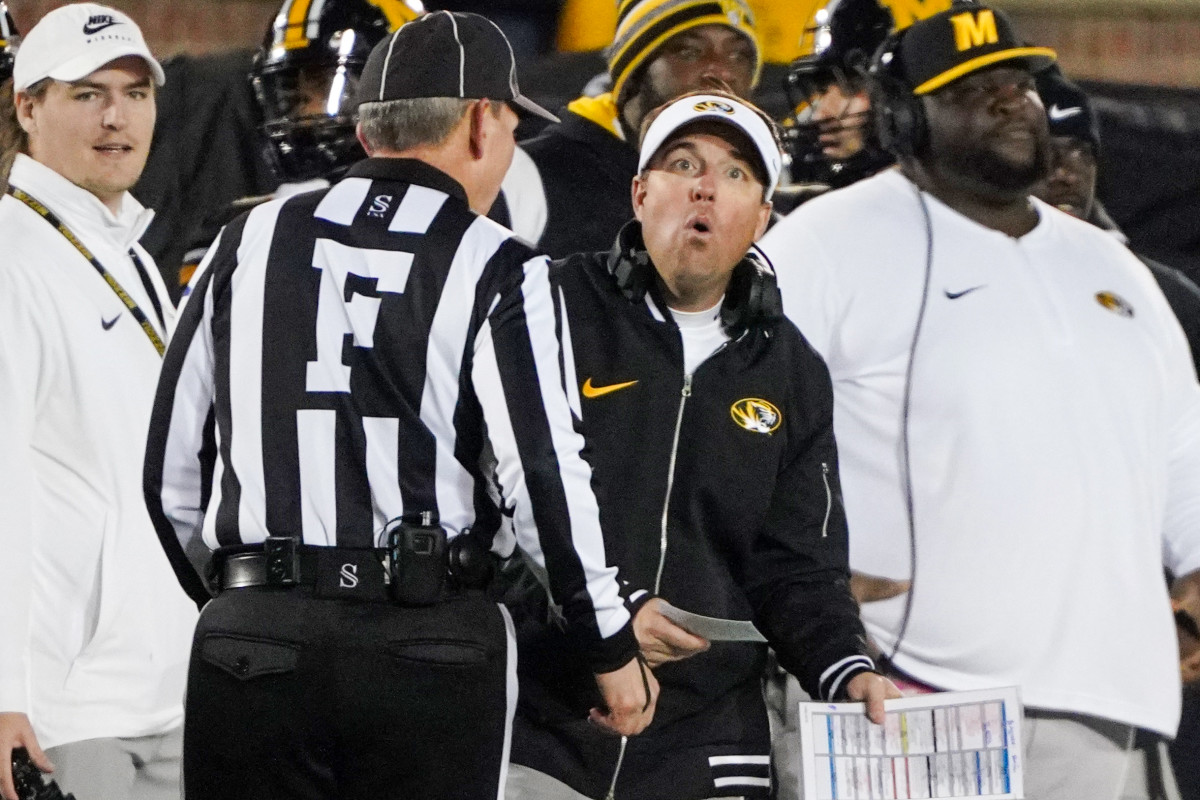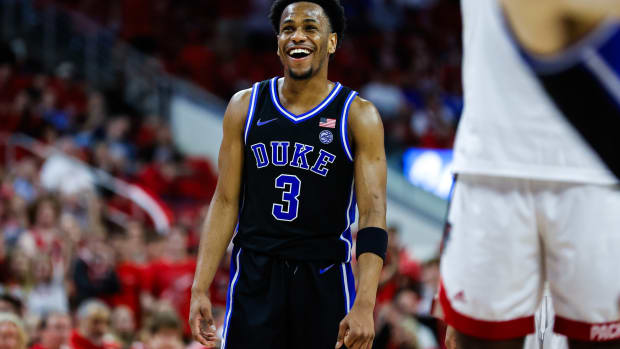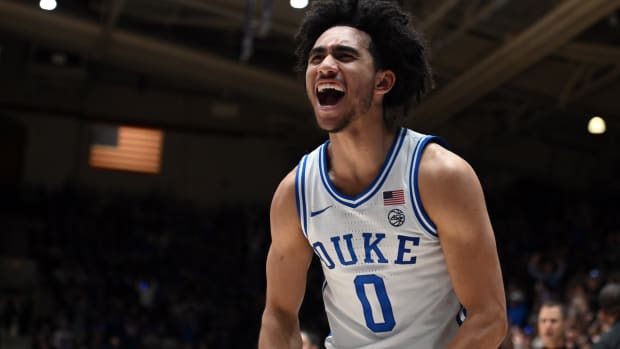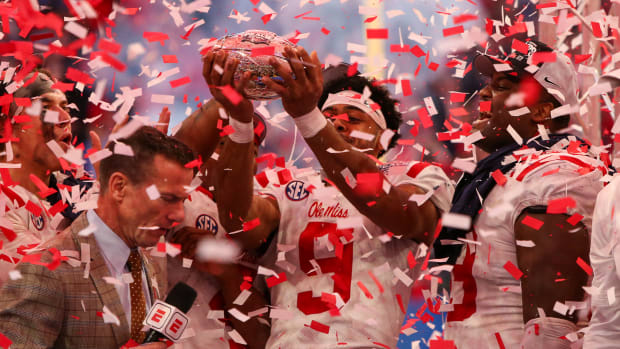
Potential NIL Misinformation Circles $62 Million Missouri Donation
On Monday, news spread about a $62 million donation to the Missouri athletic department from an anonymous donor. The record-setting donation doubled the previous largest donation to the university’s athletic department. $50 million of the gift is to be spent on the renovations to Memorial Stadium; the other $12 million is to go to the Tiger Fund, an entity that was reported on X to be an NIL arm of the University of Missouri.
Quickly, this report spread across news outlets. However, the structuring of Tiger Fund, university messaging, and quotes from staff indicate this donation will not be used for NIL in the way indicated.
The Tiger Fund is a part of the Tiger Scholarship Fund, an institutionally run charitable foundation aimed at providing funding for athletics. This entity is not a NIL Collective; the most common way of providing direct NIL “pay-for-play” payments to student-athletes for on-field performance. NIL collectives must be a third party from the university in order to function; without this independent status, NIL payments would run against state law and NCAA guidelines. The Every True Tiger Foundation currently operates at the University of Missouri as a third-party NIL collective; notably, not where the $12 million was gifted.
The Tiger Fund also falls under the Tiger Scholarships Fund’s status as a 501(c)(3) entity, granting them charitable status and offering a tax break for those who donate. Recent IRS guidance indicates heightened scrutiny for NIL providers whose main service is to pay student-athletes, even if incidental charitable deeds are involved.
While certain NIL Collectives have sought and received charitable status, the Tiger Fund is utilizing the charitable status secured by the IRS from the Curators Of The University Of Missouri granted in 1988. Without the express permission of the IRS in an already dicey area, it is unthinkable that the University of Missouri would operate an NIL program in this manner and expose itself to tremendous risk of non-compliance.
In the university press release, the term “NIL” was not found once. The Tiger Fund was introduced as “a charitable program through the Tiger Scholarship Fund that benefits Mizzou student-athletes.” While very vague, nothing within this language indicates NIL funding. Later, the press release details the Tiger Fund: “In 2023, Mizzou launched the innovative Tiger Fund program, reflecting the shifting landscape across college athletics and the new opportunities for student-athletes in Missouri. The Tiger Fund provides Mizzou supporters the opportunity to allocate donations to sub-fund accounts for specific Tiger teams or a general account that benefits all Mizzou student-athletes with resources for travel, equipment, educational opportunities, marketing, mental wellness support and mental performance coaching.”
The shifting landscape of college athletics is a term often used in reference to NIL activity. However, none of the reported services of the fund engage in NIL-related activity outside of marketing, which, under Missouri state law, allows schools to identify, create, facilitate, negotiate, support, and enable NIL deals from third parties in NIL opportunities directly. While this money will very well be allocated in part to securing NIL compensation, the money does not appear to be entering student-athletes’ pockets directly in the way they would from a NIL collective.
Messaging from coaches and staff also yielded no mention of NIL outside of nebulous statements on the betterment and well-being of student-athletes. Eli Drinkwitz, head football coach and outspoken NIL commentator, stated: "Creating a game-day experience second to none is our goal. We can now take a significant step forward — thanks to this gift — in enhancing the atmosphere and fan amenities at Faurot Field.” No mention of NIL.
Missouri Athletic Director Desireé Reed-Francois’ statement shared a similar sentiment: "This extraordinary commitment is a major step toward fulfilling our vision to transform Memorial Stadium and create the best college football game-day atmosphere in the country… our donor's momentous contribution will not only enhance those magical experiences at Memorial Stadium but will greatly impact our student-athletes across every sport as they pursue their dreams as Tigers.” Once again, a statement without any explicit nod to NIL benefits arising from a donation. This indicates that the student-athletes will feel the benefits of the $12 million donation in on-campus treatment and amenities rather than increases in their bank accounts.
While this donation will undoubtedly be a transformative gift to the Missouri Tiger’s athletic department, it does not appear to have the potential for immediate on-field impact in the same way a $12 million surplus of NIL Collective money could. Make no mistake, Missouri is building a NIL powerhouse, but at the moment, the reports may be a tad overblown.






